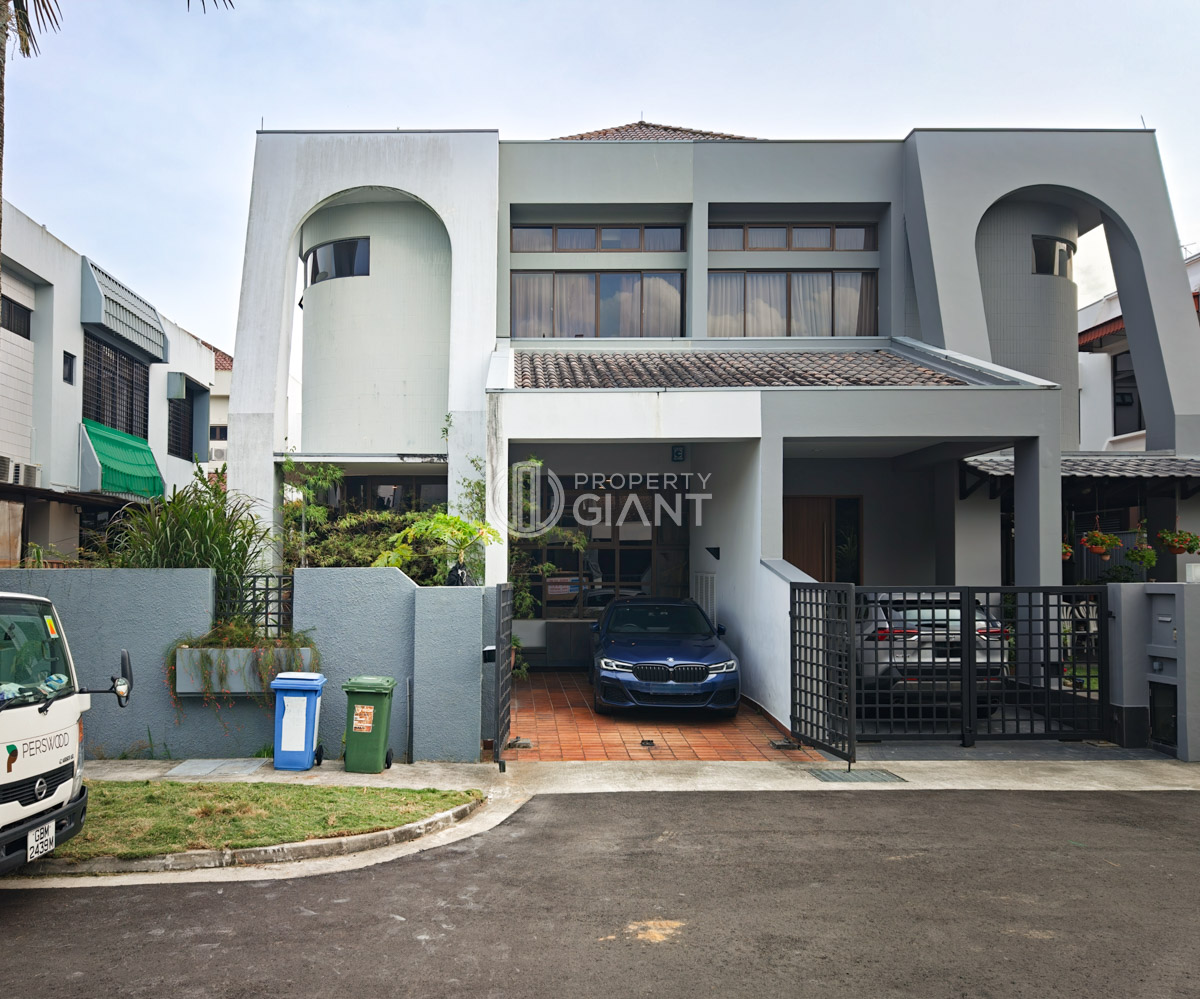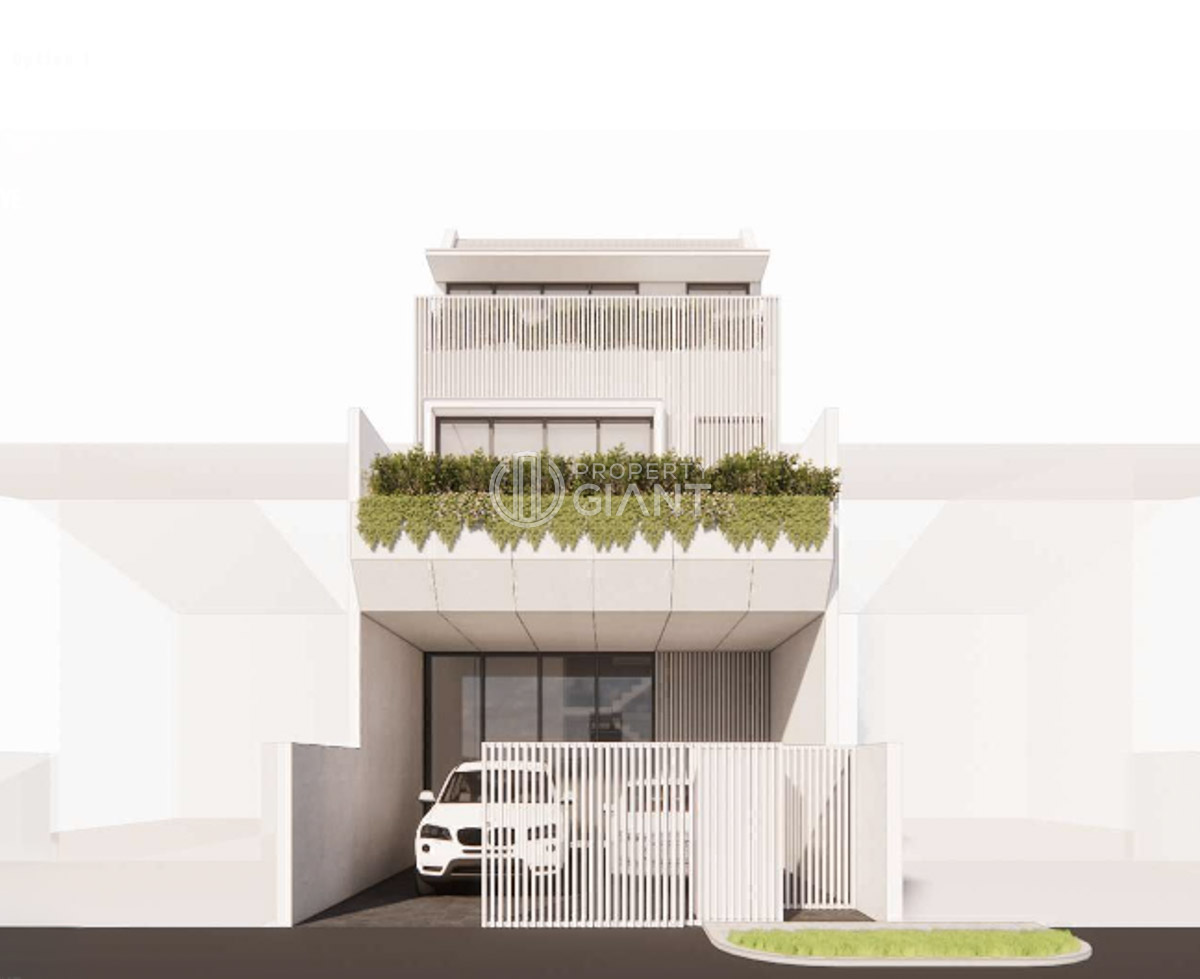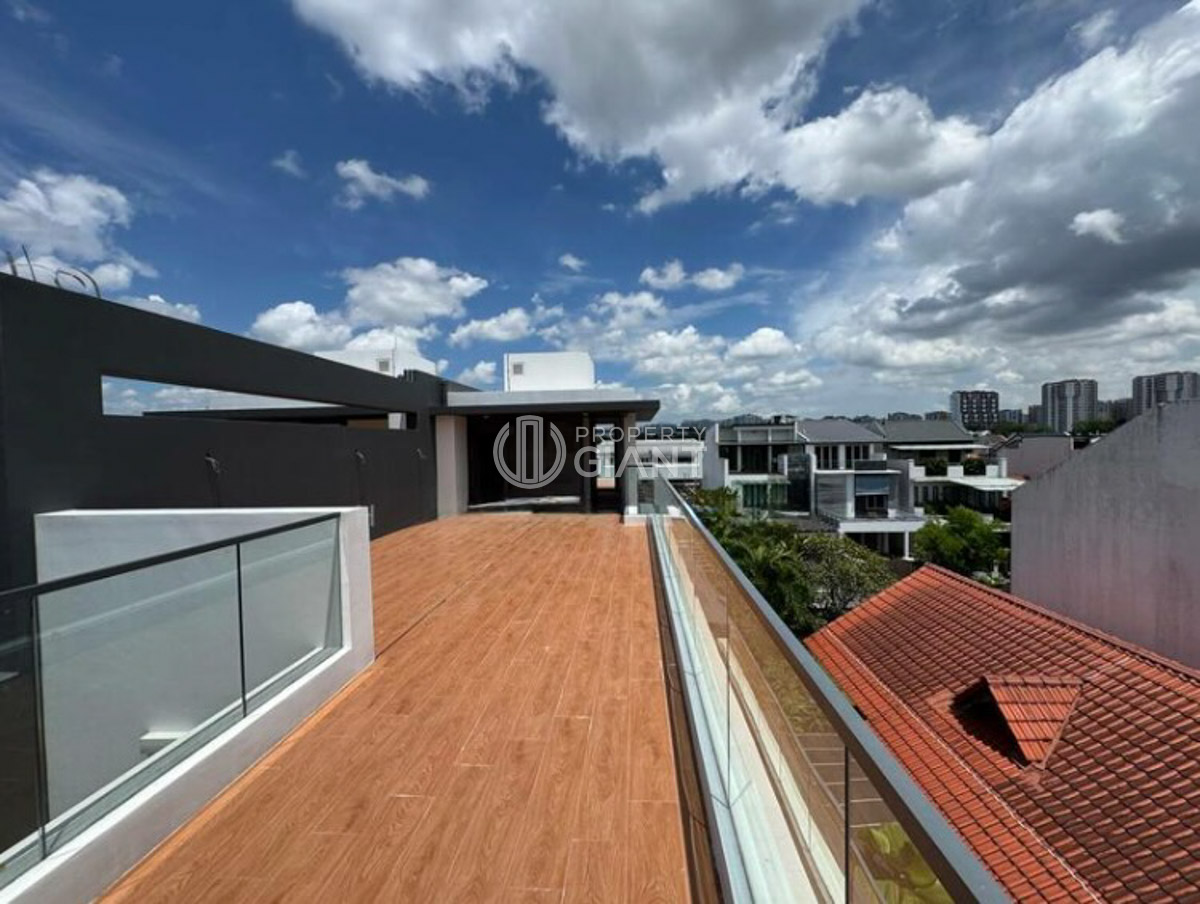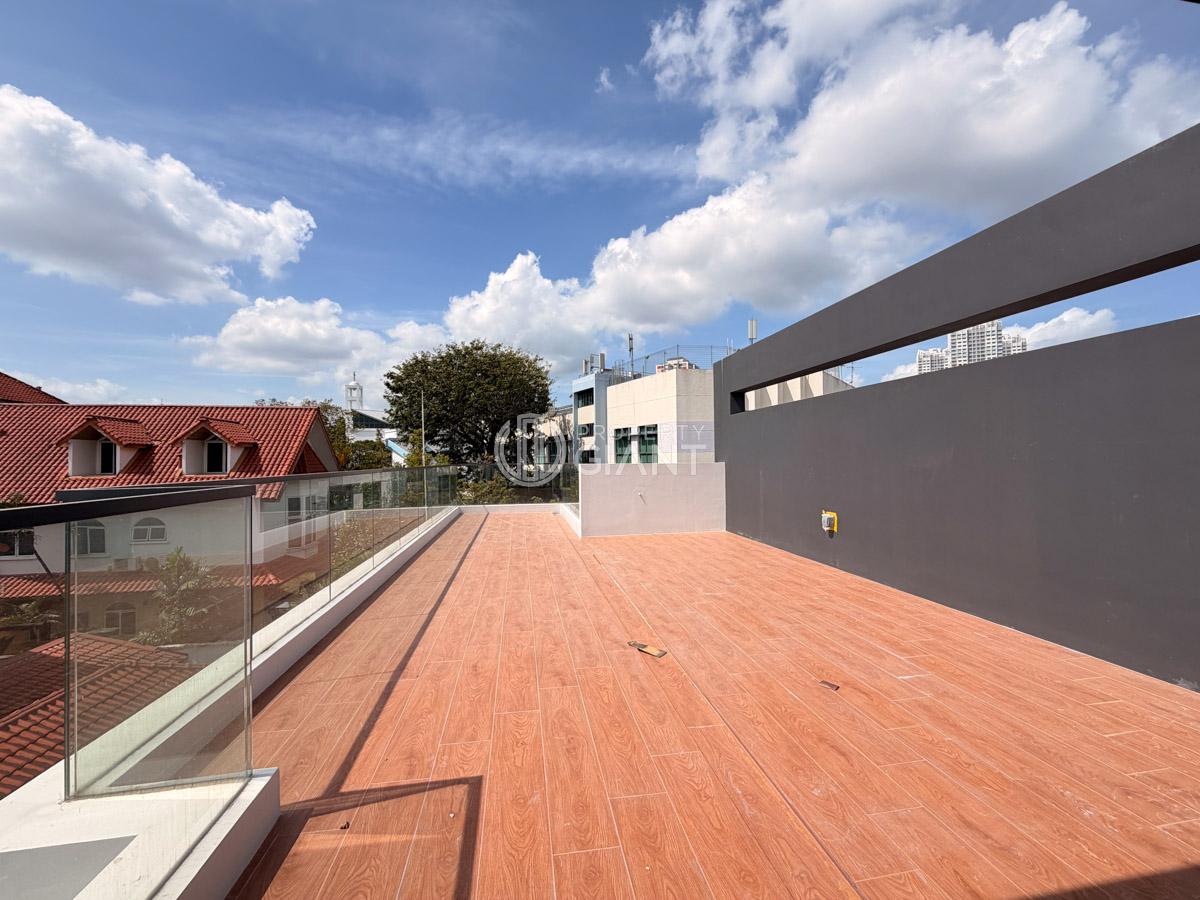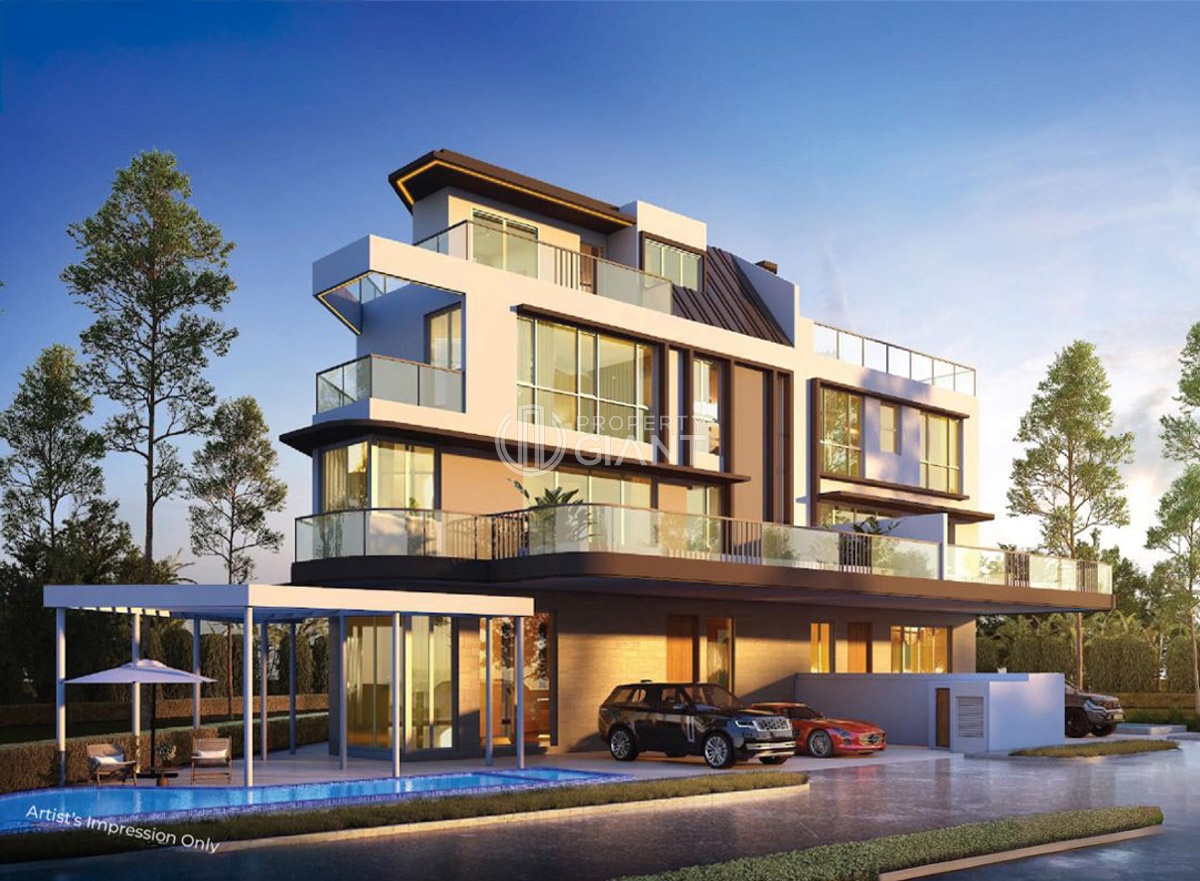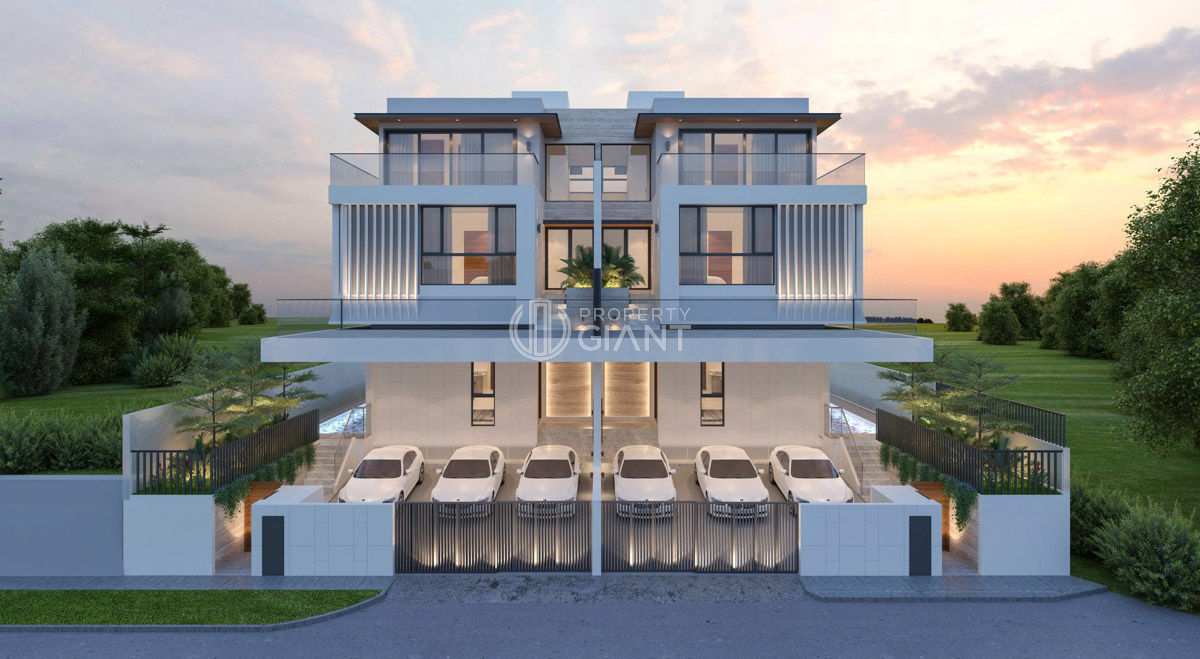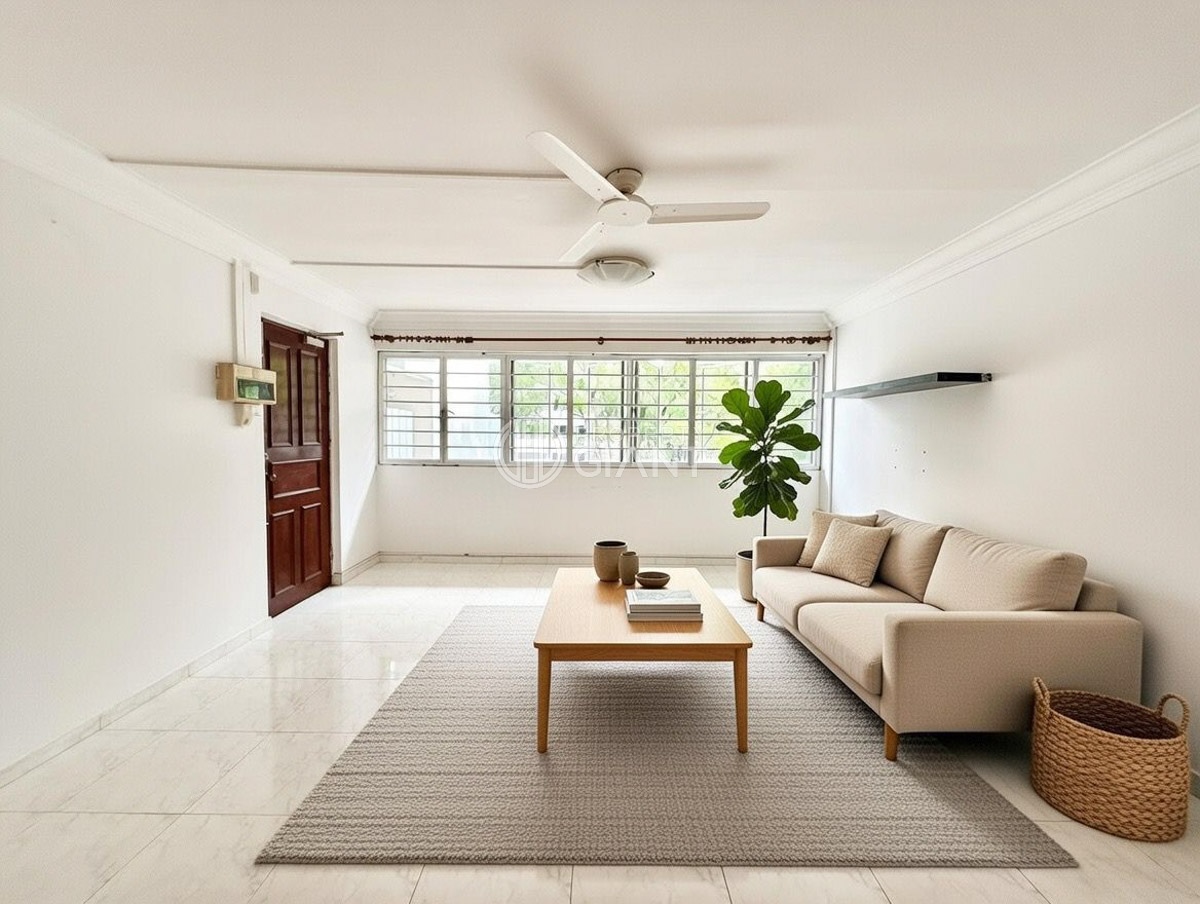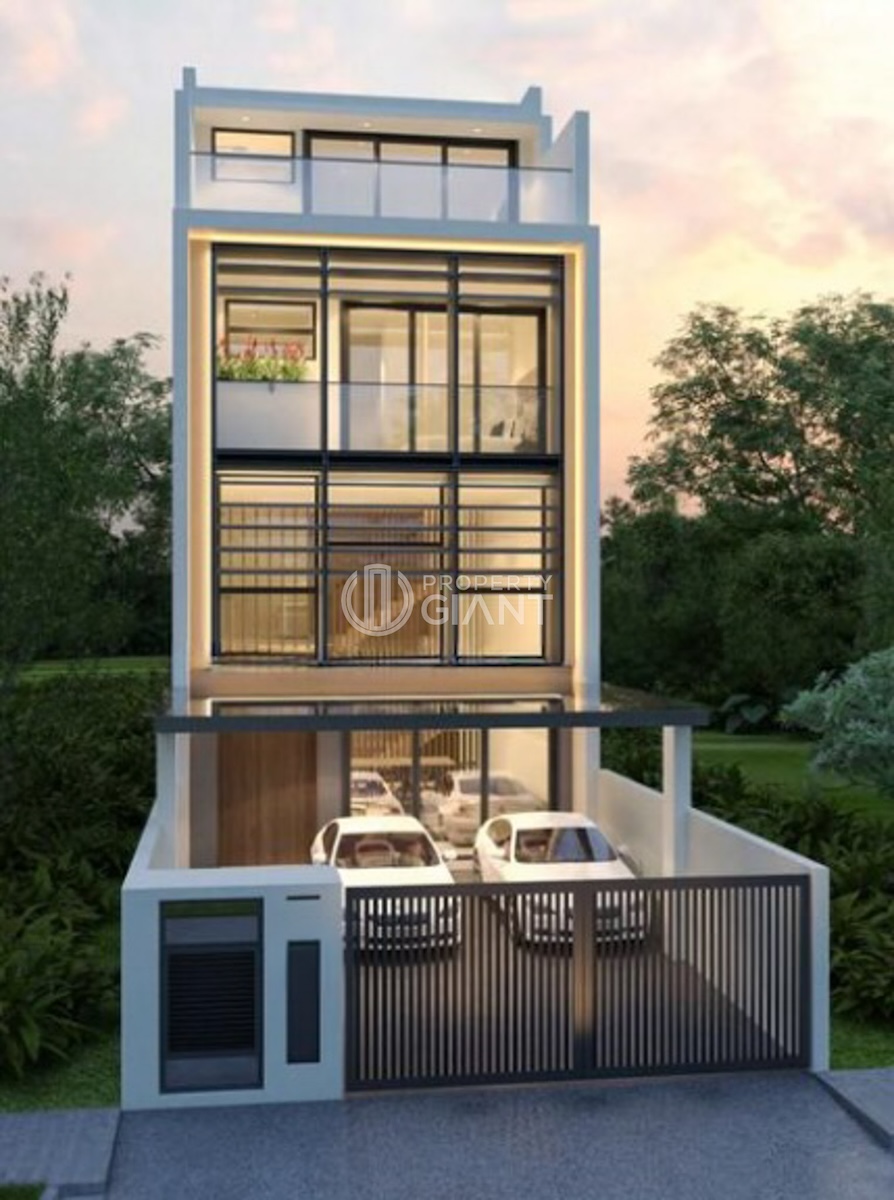This year we have seen HDBs’ resale transactions at over S$1 million plus. This year we learned that despite the pandemic, property prices in Singapore were on a steady incline. This year end, before the clock strikes midnight on the 15th day of December, we received the news of property cooling measures implemented by the Ministry of National Development (“MND”)
There are a lot of abbreviations such as ABSD, TDSR and LTV being spoken. There are numbers going around with an increase or reduction of percentage. How is this all going to affect you as a homebuyer or a property investor?
If you are a genuine home-buyer and even more so a first-time home-buyer, rest assured that the cooling measures will not affect you. “A combination of rising prices and higher interest rates will risk a significant increase in debt servicing costs for future buyers” said National Development Minister Desmond Lee. These carefully deliberated cooling measures were put into effect to discourage broad-based demand especially property purchases for investment and to encourage exercise of prudence by Singaporeans in property purchases.
The cooling measures were put into place to prevent or reduce the risk of ‘destabilising’ correction places and to ensure the affordability of property for all Singaporeans. If the real estate market and property transactions are left unchecked, it will head for a bubble and ‘run ahead of economic fundamentals’ as stated by the MND. HDB resale flat prices have risen about 15 per cent after a 6-year decline and private housing prices have risen by about 9 per cent since the first quarter of 2020.
How the government plans to keep the property market affordability and avoid an inflated purchase price is by implementing changes to the Additional Buyers’ Stamp Duty (“ABSD”) rates, the Total Debt Servicing Ratio (“TDSR”) and the Loan-to-Value (“LTV”).
Additional Buyers’ Stamp Duty (“ABSD”)
The ABSD has been increased:-

As stated earlier, a Singaporean or Singapore Permanent Resident (PR) faces no change in the ABSD rates. It only impacts those who are buying a second or third property, foreigners and entities (Additional non-remittable 5% for Housing Developers). This increase in ABSD for property investors and foreigners will soften investment demand and by chain reaction will provide more attractive prices for genuine home-buyers. They are in a better position to negotiate for prices on resale transactions and Property Developers may need to look into pricing in lieu of the foreseeable drop in investors and foreign investors.
Total Debt Servicing Ratio (“TDSR”)
The TDSR has been tightened from 60% to 55%, as such, new mortgage loan repayments cannot exceed 55% of the borrower’s monthly income. The MND states that the TDSR threshold adjustment will not affect most borrowers buying HDB flats, as about 97% of these Borrowers have TDSRs less than the newly implemented 55%.
Loan-to-Value (“LTV”)
The LTV limit for HDB-granted loans has been reduced from 90% to 85% which reduces the maximum amount potential home buyers can borrow from HDB. While the LTV limit for financial institutions-granted loans to purchase HDB flats remains unchanged at 75%. This will further “encourage greater financial prudence” amongst buyers in the public housing market. National Development Minister Desmond Lee went on to add that this will not affect first-time buyers, especially from the lower to middle income families as when purchasing resale flats, they can get “generous grants'' and use the funds from their Central Provident Fund to pay for the flat.
Stable Housing Market = Price Affordability
Supply and Demand equally influences the pricing of property and in order to ensure stability of the pricing in the housing market, supply has to be sufficient to meet the demand of Singaporeans wanting to buy homes. There has been a stark increase of Built-To-Order (“BYO”) subscription rate over the pandemic, mainly due to low interest rate and disruption to construction. The MND minister has stated that efforts will be ramped up to increase supply of both private and public housing to meet the housing demand in Singapore. HDB will be launching up to 23,000 flats per year in 2022 and 2023 which is a 35% increase from 2021 with only 17,000 flats launched. "Looking ahead, we are also prepared to launch up to 100,000 flats in total from 2021 to 2025, if needed. But we will calibrate this based on prevailing demand."
A Look Back Into Property Price Increase & Property Cooling Measures
According to the MND Development, the House Price-to-Income (“HPI”) ratios may currently remain below their historical averages but there is clear upward momentum. The House Price to Income (“HPI”) which measures housing affordability recorded that HPI for HDB resale flats reached 4.4 times in the first three quarters of 2021, which is below its level a decade ago.
So what cooling measures have been implemented a decade or more ago?
- September 2009 The first property cooling measure was initiated with the removal of the Interest Absorption Scheme (“IAS”) and Interest-Only Housing Loans (IOL).
- February 2010 Seller’s Stamp Duty (“SSD”) was implemented on residential property and land sold within 1 year of purchase. The LTV limit was set to 8% for all housing loans.
- August 2010 Holding period for SSD increased from 1 year to 3 years. The LTV limit decreased from 80% to 70%.
- January 2011 Holding period for SSD increased from 3 years to 4 years. SSD rates were implemented for property disposed of in staggered years [16% - 1st year disposal, 12% - 2nd year disposal, 8% - 3rd year disposal & 4% - 4th year disposal]. LTV limit decreased from 70% to 60% and for non-individual purchasers to 50%.
- December 2011 Foreigners & Corporate Entities buying residential property will pay 10% ABSD. PRs buying the 2nd and subsequent residential property will pay 3% ABSD and Singaporeans buying the 3rd and subsequent residential property will pay 3% ABSD.
- October 2012 Tenure of residential property loans capped at 35 years. LTV limit lowered from 50%to 40% for non-individual purchasers. LTV limits for loans exceeding 30 years – 40% for borrowers with more than one residential property loan and 60% for borrowers with no residential property loan.
- January 2013 PRs with HDB not permitted to sublet the whole flat. PR with HDB flats, within 6 months of purchase or private residential property must dispose of their HDB flat. ABSD rates rose between 5 to 7 points. ABSD imposed on PRs purchasing 1st residential property and Singaporeans purchasing 2nd residential property.
- February 2018 Top marginal buyer’s stamp duty increases from 3% to 4% for residential properties above S$1 million.
- July 2018 ABSD rates raised 5 percentage points for all except Singaporeans and PRs buying their first r
- Now, December 2021 Head on up the article for a recap.
Ending this cooling measure update with a shout-out to first-home buyers, start looking around for what you want, watch the price and know that we are here to help you look around and advise you accordingly.


